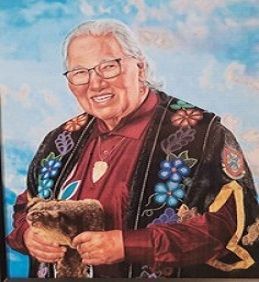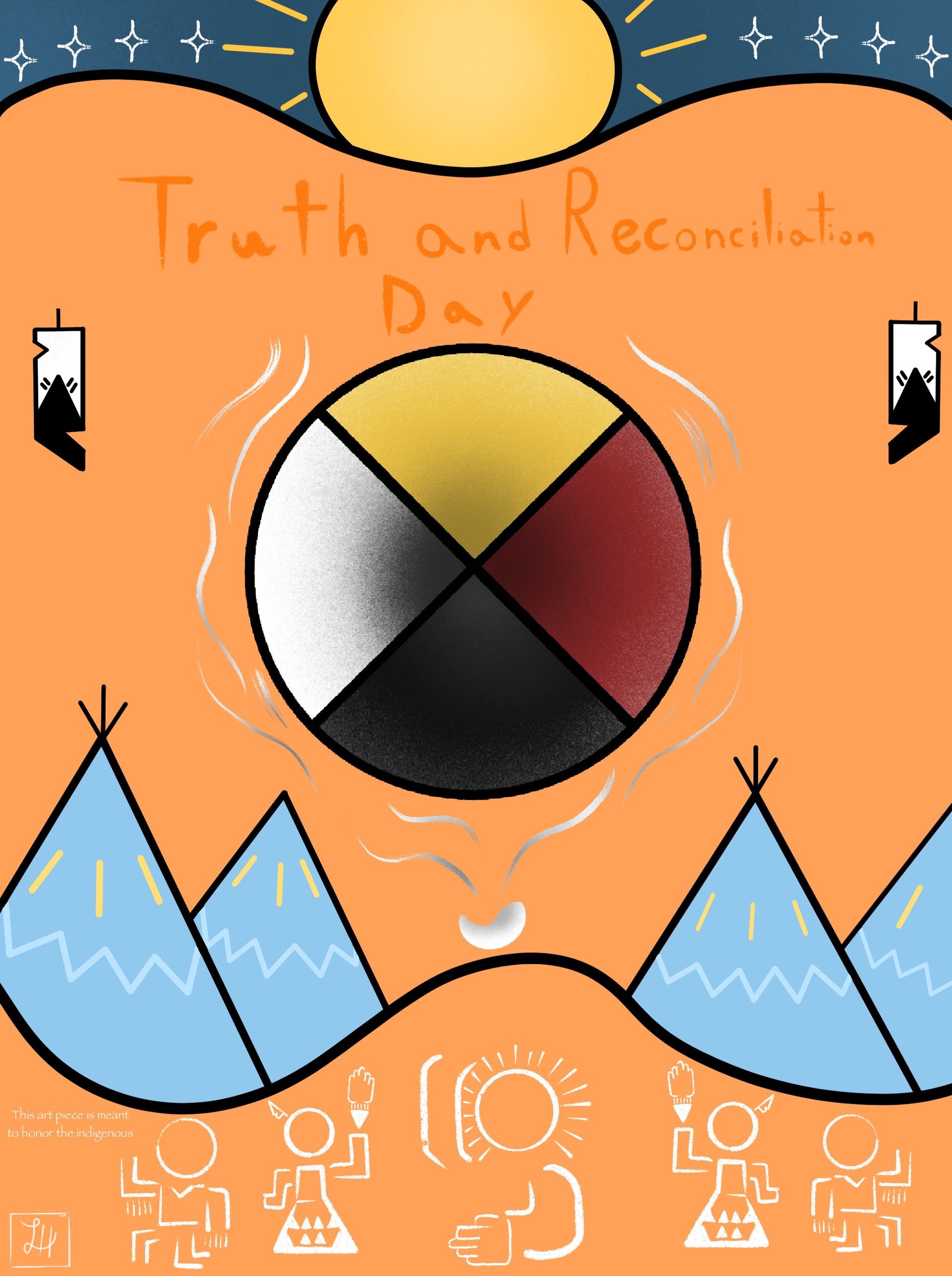Honouring Senator Murray Sinclair: A Life Dedicated to Advocacy, Justice, and Truth
The Honourable Murray Sinclair

A Message from Isadore Day and the Entire Bimaadzwin Team
Today, we join communities across the country in mourning the passing of Senator Murray Sinclair, Mazina Giizhik—“The One Who Speaks of Pictures in the Sky.” Senator Sinclair, a guiding force in Indigenous rights, justice, and reconciliation, passed away peacefully on November 4, 2024, surrounded by those who loved him.
Justice Murray Sinclair has significantly served Indigenous people and all Canadians with his tireless efforts to achieve a national response to the history and impacts of Indian Residential Schools.
We all have an opportunity to pause and reflect on how we can continue the legacy of healing from Canada’s policies and past, founded in colonialism, to a future that faces the truth of the past and achieves reconciliation.
His lifetime of service, marked by compassion, integrity, and wisdom, leaves an indelible legacy that will resonate through generations.
A Trailblazer in the Judiciary
Born near Selkirk, Manitoba, and raised by his grandparents, Murray Sinclair carried forward their teachings of justice and resilience throughout his life. From early academic success to his historic appointment in 1988 as the first Indigenous judge in Manitoba and only the second in Canadian history, Sinclair consistently demonstrated a commitment to fairness and the inclusion of Indigenous perspectives within the legal system. His profound respect for community and his fair-minded approach set a high standard in the judiciary, creating a path for others to follow.
Leading the Truth and Reconciliation Commission
As Chair of the Truth and Reconciliation Commission (TRC), Senator Sinclair’s work became a transformative force in Canada’s journey toward reconciliation. Appointed in 2009, he dedicated himself to hearing and recording the stories of survivors of the residential school system, shedding light on the injustices Indigenous children endured. Under his leadership, the TRC released its landmark report in 2015, presenting 94 Calls to Action that continue to guide reconciliation efforts today. Sinclair’s message that “reconciliation is not an Indigenous problem; it’s a Canadian one” resonates across the nation, inspiring Canadians to face this shared history and engage in collective healing.
Service in the Senate and Beyond
Appointed to the Senate in 2016, Senator Sinclair continued his advocacy on a national stage, championing Indigenous rights, justice reform, and legislative change. His tenure in the Senate furthered the implementation of the TRC’s Calls to Action, focusing on creating pathways for Indigenous communities to lead the way in Canada’s future.
Even after retiring in 2021, Sinclair remained a steadfast voice for justice, guiding Canada’s path toward a more inclusive future and bridging divides with grace and humility.
Honouring Senator Sinclair’s Legacy
In a statement, Senator Sinclair’s family expressed the depth of his influence: “From Residential School Survivors- to law students, to those who sat across from him in a courtroom, he was known as an exceptional listener who treated everyone with dignity and respect.” His family invites those wishing to honour him to donate to the Murray Sinclair Memorial Fund at The Winnipeg Foundation, with donations directed to support Indigenous women, children, families, and Survivors—causes he held close to his heart.
A sacred fire has been lit outside the Manitoba Legislative Building to help guide Mazina Giizhik’s spirit home. All are welcome to visit and offer tobacco to honour his life and legacy. Out of respect for his journey, the family requests that no additional fires be lit nationwide.
Continuing His Vision
Senator Murray Sinclair’s courage, compassion, and justice legacy has inspired a new generation of Indigenous leaders, allies, and advocates. His lifelong dedication to truth and understanding reminds us of the path to reconciliation. As Canadians mourn his passing, we reflect on his vision for a Canada rooted in respect, fairness, and unity. His work continues in every effort to bridge divides and foster genuine understanding between Indigenous and non-Indigenous peoples.
We remember Senator Murray Sinclair and his powerful legacy with gratitude and reverence. May his spirit rest peacefully, forever guiding us toward a better, more inclusive Canada.
Image Credit: Kent Monkman for Queens University
Share this post on social media


